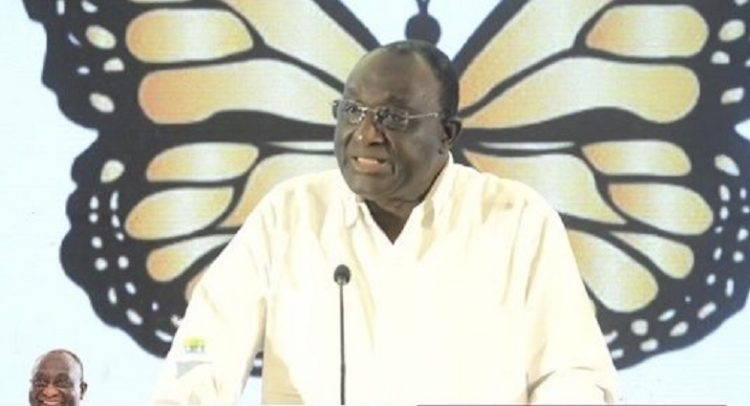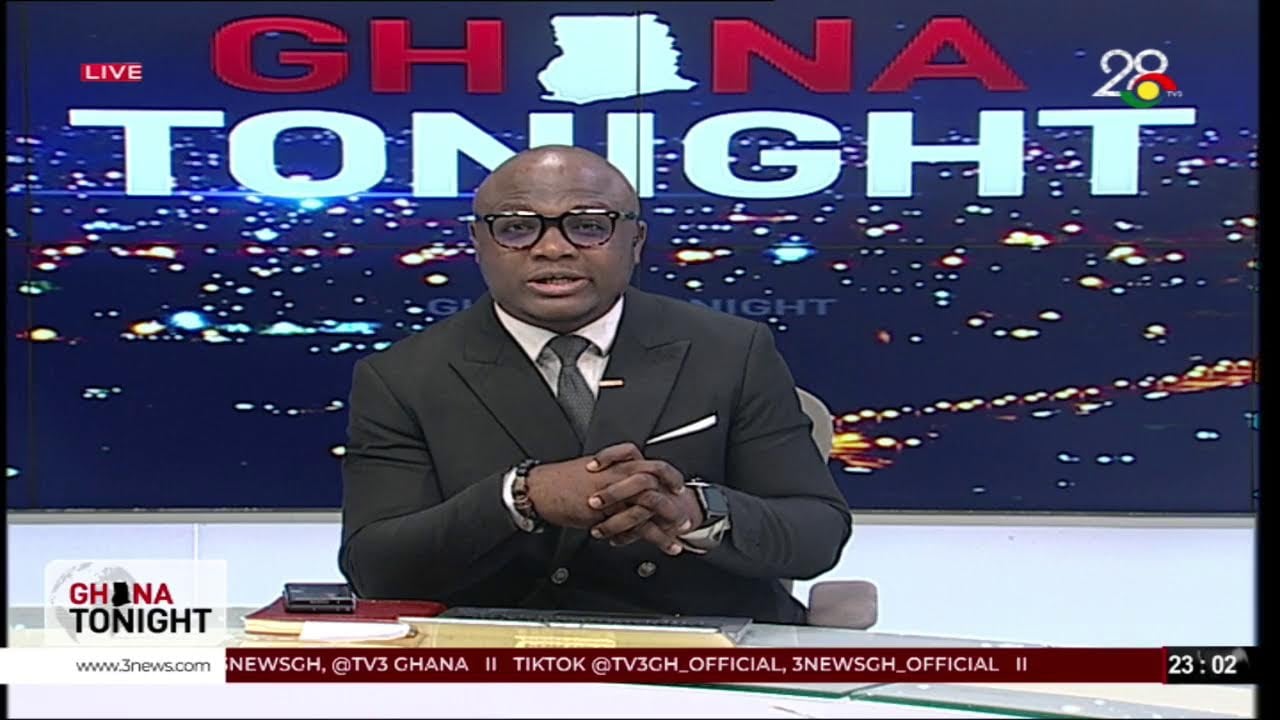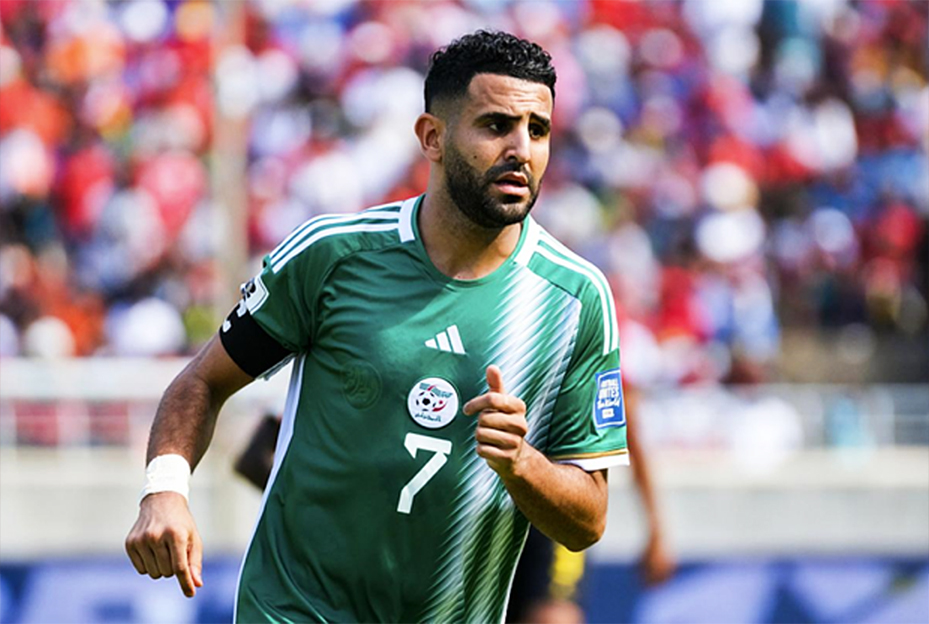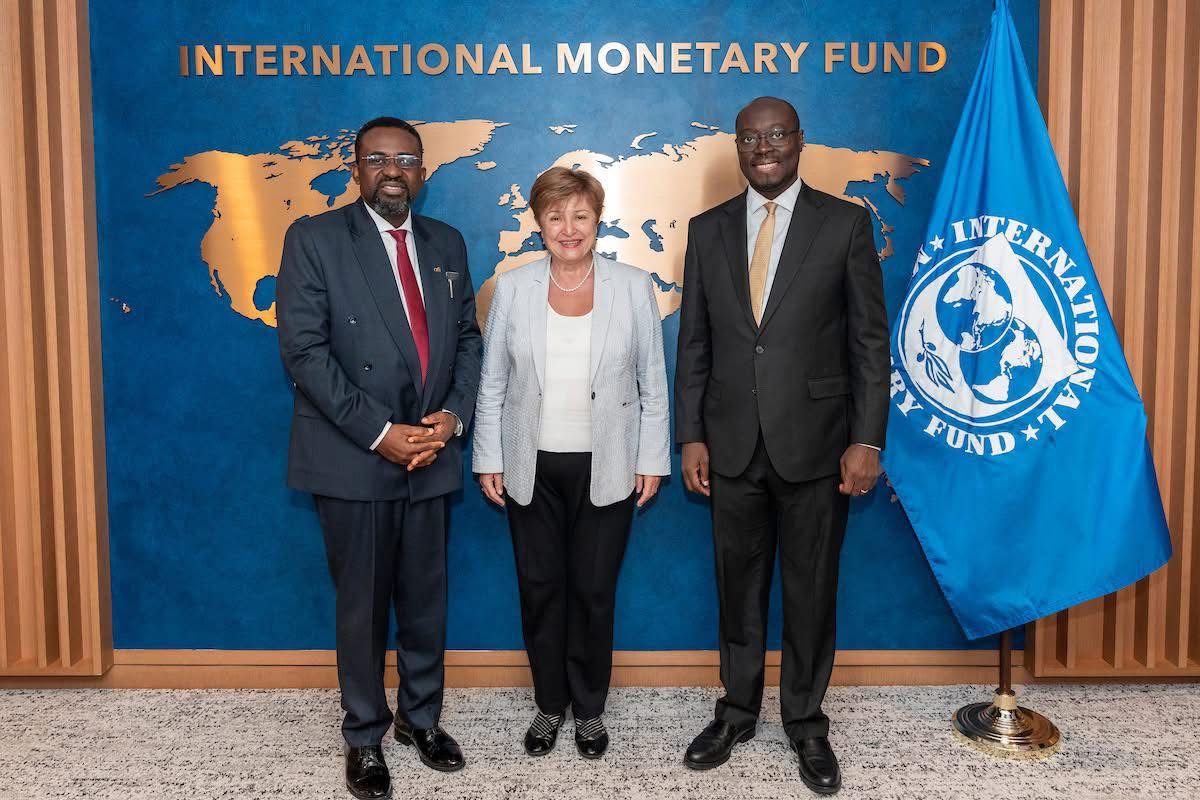
In spite of the seemingly rosy economic and business relations that exist between Nigeria and Ghana, the Deputy Minister of Trade and Industry, Ghana, Carlos Ahenkora, has decried the many obstacles mitigating the easy movement of goods and services along the Ghana-Nigeria corridor.
Ahenkora, while speaking at the ongoing 2017 Lagos International Trade Fair (LITF), Ghana Day, said there was a need for both countries to deal and address these outstanding issues in order to facilitate the movement of goods and services into the country.
The key issues he identified included the prohibition list, the flagrant disregard for the ECOWAS Protocol on trade (ETLS), and the difficulty associated with the National Agency for Food Drugs Administration and Control (NAFDAC) certification.
He recalled several meetings and discussions held between both countries to tackle the challenges have not yield results. He said: "I think it is time for action; it is time to walk the talk. I hope the Ghana Nigeria Business Council will take these matters and expeditiously deal with them."
Ahenkora, who spoke on the theme, "Education Services Export: A Key Driver in Africa's Integration", added, "There is one thing that I know; Ghana-Nigeria relations predate all of us here, although the relationship gets frosty from time to time. I am quite pleased that over the years the building blocks of the cooperation keep strengthening. We are gathered here today in furtherance of a mutually beneficial partnership, and to encourage overall ECOWAS trade. Without these encounters and deliberations, we would not be able to bring positive development to our people.
"It is in line with increased trade regime between the two countries that we coordinate and facilitate the participation of Ghanaian enterprises in many of the fairs and shows organised in Nigeria. This year is not an exception."
The President of the Lagos Chamber of Commerce and Industry, Dr Nike Akande, also reiterated the need for consistency in the ongoing reforms by the federal government, which is driven to achieve industrialisation, boost non-export, attract Foreign Direct Investment (FDI) as well as create a more conducive business environment.
She said this became necessary following efforts by the federal government on the ease of doing business in Nigeria, and the improvement of its position in the World Bank's ease of doing business ranking.
Akande, who recalled the robust bilateral trade and diplomatic relations which both countries have enjoyed, stressed that the export promotion functions of Ghana Export Promotion Council (GEPC) have positively impacted intra-African trade, and especially within the West Africa coast.
The LCCI President while congratulating the management of GEPC in promoting trade between Nigeria and Ghana, emphasized on the need for countries within the West African coast to work together towards the achievement of more efficient ports that would facilitate trade amongst the economics in the sub Saharan economic bloc. With the theme of this year's trade fair: "Promoting Industrialisation for Economic Recovery and Sustainable Growth", Akande added, "In response to the yearnings to the business world, the LITF is a testimony of the Chamber's commitment to trade promotion, bilateral trade relations and the advancement of the Nigerian economy."
Read Full Story




















Facebook
Twitter
Pinterest
Instagram
Google+
YouTube
LinkedIn
RSS